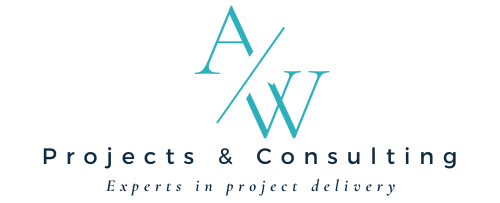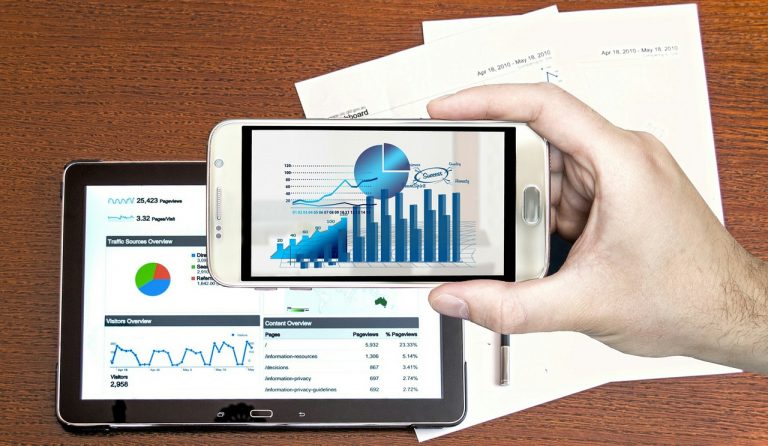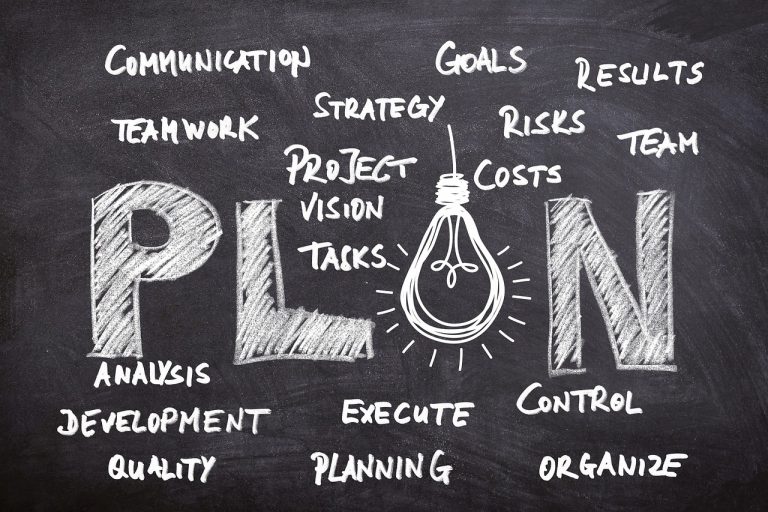How AI is Transforming Project Management: The New Era of Efficiency and Insight
Artificial Intelligence (AI) is revolutionizing industries across the board, and project management is no exception. With its ability to analyze vast amounts of data, automate repetitive tasks, and provide actionable insights, AI is reshaping how projects are planned, executed, and managed. Here’s a closer look at how AI is changing project management and the transformative role it is playing, illustrated with some compelling examples.
1. Enhanced Decision-Making Through Data Analysis
AI’s capacity to process and analyze large datasets enables project managers to make more informed decisions. By leveraging AI-driven analytics tools, project managers can gain deep insights into project performance, resource utilization, and risk factors. For example, Microsoft’s Project Cortex uses AI to analyze project data and provide recommendations on project strategies and resource allocation, leading to more accurate and effective decision-making.
2. Predictive Analytics for Proactive Management
Predictive analytics powered by AI can forecast potential issues before they arise. AI algorithms analyze historical data and current project metrics to predict future outcomes and identify risks. IBM’s Watson, for instance, uses predictive analytics to help project managers anticipate potential delays and cost overruns, enabling them to implement corrective measures proactively.
3. Automation of Routine Tasks
AI is significantly reducing the time project managers spend on routine administrative tasks. Automation tools can handle repetitive tasks such as scheduling, progress tracking, and reporting. Monday.com, an AI-enhanced project management platform, automates task assignments and status updates, freeing up project managers to focus on more strategic aspects of their projects.
4. Intelligent Resource Management
AI-driven tools are optimizing resource allocation by analyzing project requirements and resource availability. Smartsheet’s AI capabilities assess resource utilization and suggest adjustments to avoid overloading team members or underutilizing resources. This ensures that the right people are assigned to the right tasks, improving overall efficiency and productivity.
5. Enhanced Collaboration and Communication
AI-powered communication tools are enhancing collaboration within project teams. Tools like Slack’s AI-driven integrations and Microsoft Teams utilize natural language processing (NLP) to facilitate seamless communication, automate responses, and even schedule meetings based on team availability. This reduces communication barriers and ensures that everyone stays aligned with project goals.
6. Risk Management and Mitigation
AI enhances risk management by analyzing project data to identify potential risks and vulnerabilities. RiskLens, an AI tool, assesses various risk factors and their potential impact on project outcomes. By providing detailed risk assessments and mitigation strategies, AI helps project managers address issues before they escalate, ensuring smoother project execution.
7. Advanced Project Forecasting
AI models are improving project forecasting by analyzing historical project data and trends. Asana’s AI tools, for example, offer advanced forecasting capabilities that predict project timelines and potential bottlenecks based on past performance. This helps project managers set realistic deadlines and develop contingency plans.
8. Automated Document Management
Managing project documentation can be time-consuming. AI-powered document management systems, such as DocuSign’s AI features, automate the categorization, tagging, and retrieval of documents. This ensures that important documents are easily accessible and reduces the risk of errors associated with manual document handling.
9. Personalized Project Insights
AI provides personalized insights tailored to individual project managers’ needs. Trello’s AI features analyze user behavior and project data to offer customized recommendations for task prioritization and project planning. This personalization enhances productivity by addressing the specific needs and preferences of each user.
10. Improved Stakeholder Engagement
AI tools are enhancing stakeholder engagement by providing real-time project updates and insights. Tableau’s AI-driven analytics help project managers create interactive dashboards that visualize project progress and performance metrics. These dashboards facilitate transparent communication with stakeholders and keep them informed about key project developments.
Conclusion
AI is undeniably transforming project management by introducing new levels of efficiency, insight, and automation. From predictive analytics and intelligent resource management to enhanced communication and risk mitigation, AI is reshaping how projects are planned, executed, and managed. The integration of AI into project management processes not only streamlines operations but also provides valuable insights that drive better decision-making and project outcomes.
As AI continues to evolve, its role in project management will likely expand, offering even more sophisticated tools and capabilities. Embracing AI in project management is not just about keeping up with technological advancements—it’s about leveraging these innovations to achieve project success and drive organizational growth.







